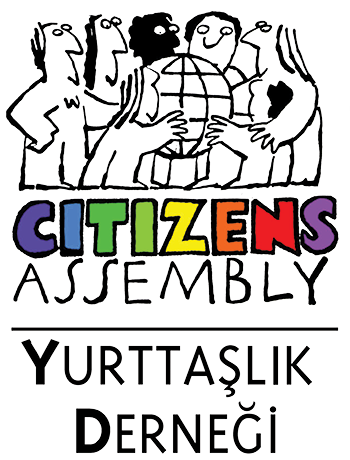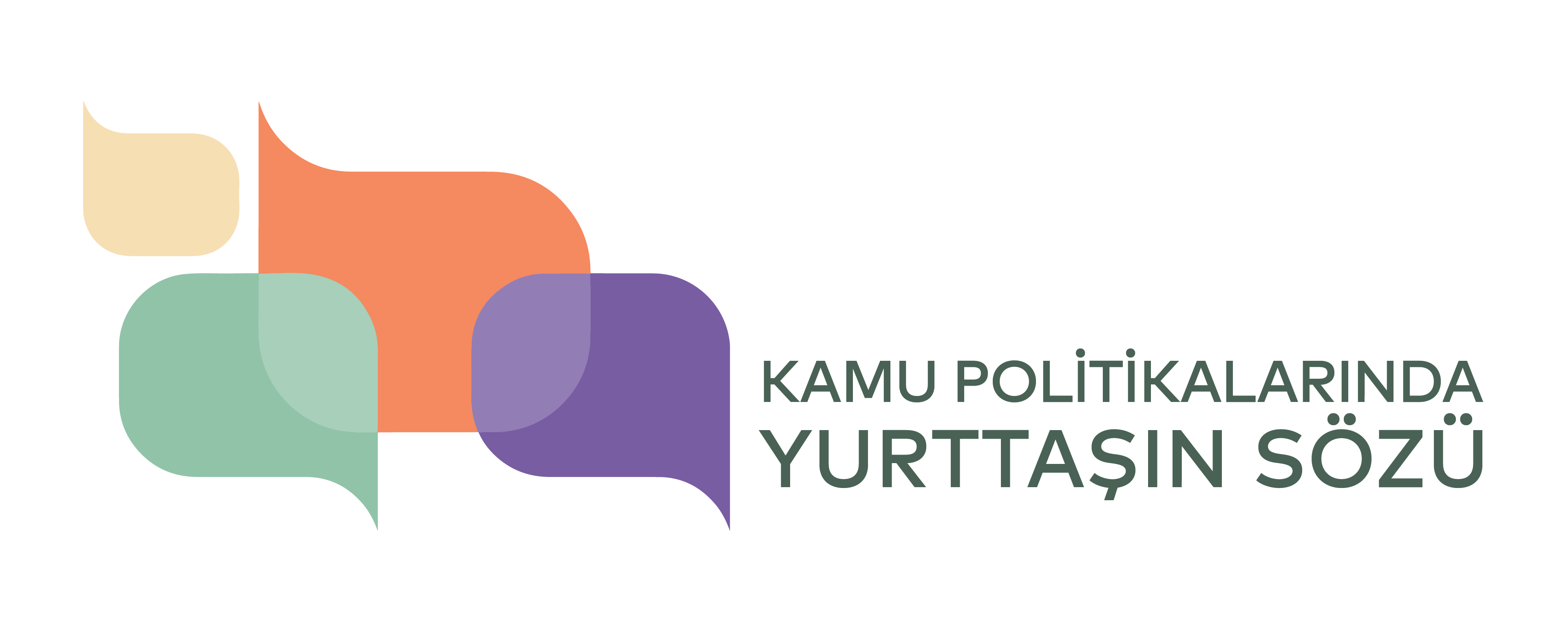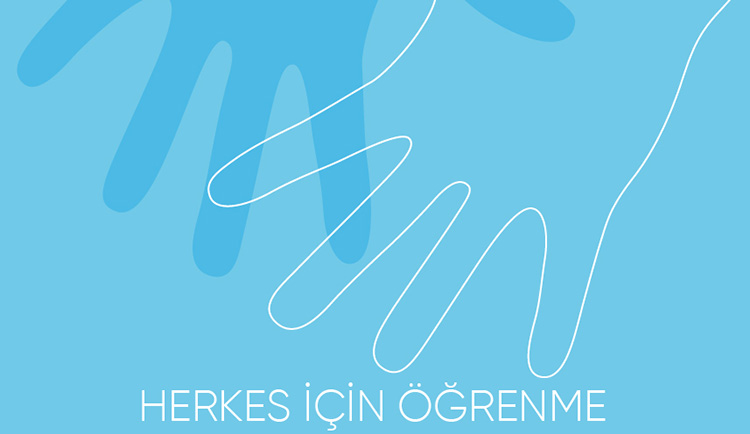Civil Society Representatives and Public Administration Gathered on Accessible and Reliable Food Axis at the Opening (Kick-off) Meeting
The Opening (Kick-off) meeting of our project, which aims to support the participation of citizens in public policies and democratic management processes by establishing certain strategies and advocacy methods, in order to strengthen the cooperation between the public and non-governmental organizations, to increase the efficiency and service quality of non-governmental organizations, was held in Ankara on 11-12 July 2019.
On the first day of the event, July 11, 2019, on which the representatives of public institutions, civil society and universities were invited, the views of civil society representatives were received via workshops. On the second day; July 12, 2019, the groundwork of dialogue and cooperation was pursued through the gathering of public administration and civil society.
The thematic integrity of our work, which focuses on citizen participation, is the issue of food in the production and consumption line. There is a movement in the society and on the agenda of political actors towards production cooperatives. Istanbul is going through a period in which new forms of consumerism are experienced, new food communities and consumer cooperatives are established based on needs. Participation of young people and women in the production processes is one of the most common problems we face during our meetings. For these reasons, we want to discuss citizen participation in these axes in our study.
In the opening meeting, firstly, the problems encountered in our daily life in the axis of food were discussed. We discussed how producers, consumers, youth and women are affected by the problems such as climate change, environmental problems and food crisis, what difficulties they face and how they find solutions to these difficulties.While the harms of the usage of chemical fertilizers and pesticides in production areas to the soil, crops and the animals living in those environment come to the fore, the difficulty and the cost of accessing healthy food in the consumption area were discussed. We focused on the alienation of young people as an effect of being brought up in cities, and the lack of health and agriculture lessons in the education system.
Afterwards, examples of cooperation that both civil society and public administration representatives have experienced until today were discussed in order to establish a ground for the NGO-Public cooperation. Civil society representatives talked about the ways they used to cooperate with the public, the results of this cooperation and at what points they had difficulty in establishing cooperation. Finally, the experiences and future plans of the Public-NGO cooperation of representatives from different ministries and opportunities of these cooperations were discussed.





